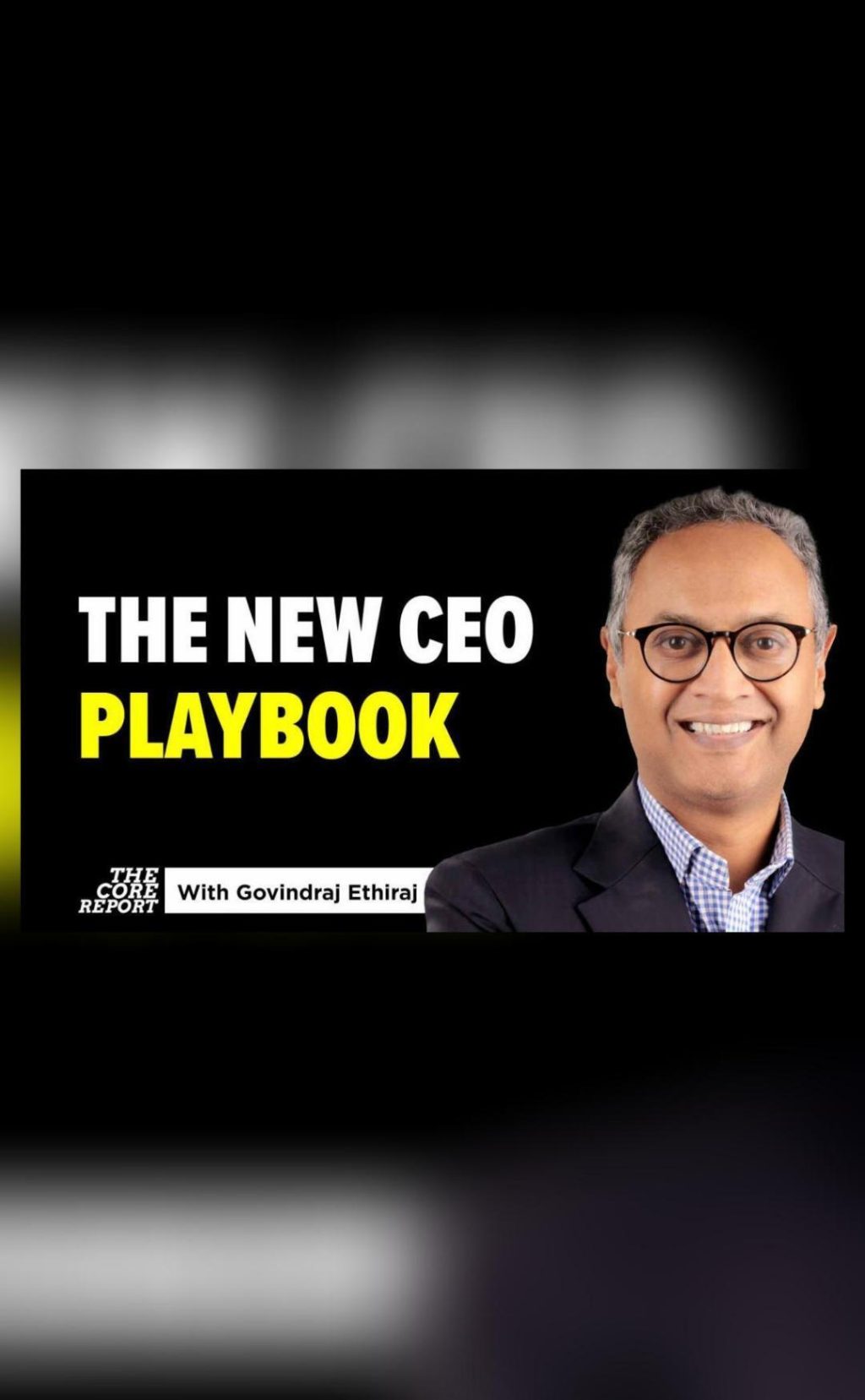
The New CEO Playbook: AI Pressures & Global Tariff Shocks
As the world continues to evolve at an unprecedented pace, CEOs are facing unprecedented challenges. The rise of Artificial Intelligence (AI) is reshaping industries, while global tariff shocks are disrupting trade patterns. In this ever-changing landscape, business leaders must rethink strategy and operations to stay ahead of the curve.
In a recent video, a leading business expert discussed the new CEO playbook, highlighting the key pressures and challenges that CEOs are facing today. (1)
Internal Pressures: Automating and Innovating
One of the most significant internal pressures facing CEOs is the need to automate and innovate. As AI technology advances, companies are being pushed to invest in digital transformation, upskill their workforce, and develop new business models. This requires a significant shift in mindset and culture, as well as a willingness to take calculated risks.
According to a recent study, 80% of CEOs believe that AI will have a significant impact on their industry, but only 25% have a clear strategy for implementing AI. This gap between aspiration and reality is a major concern, as companies that fail to adapt will be left behind.
External Pressures: Shifting Trade Policies
In addition to internal pressures, CEOs are also facing external challenges. The rise of protectionism and shifting trade policies is disrupting global supply chains and trade patterns. The European Union’s Brexit deal, the US-China trade war, and the ongoing tensions between the US and Mexico are just a few examples of the uncertainty that CEOs are facing.
According to a recent report, 75% of CEOs believe that trade tensions will have a significant impact on their business, but only 30% have a clear strategy for mitigating the risks. This lack of preparedness is a major concern, as companies that are caught off guard will struggle to adapt.
Localizing and Adapting
In response to these pressures, companies are being pushed to localize and adapt. This involves rethinking business models, supply chains, and operations to better reflect the changing global landscape.
According to a recent survey, 60% of CEOs believe that localization will be a key driver of growth in the next five years. This involves developing a deeper understanding of local markets, building stronger relationships with customers and suppliers, and investing in research and development to stay ahead of the curve.
Rethinking Long-Held Business Models
The rise of AI and the shift in trade policies are also forcing companies to rethink long-held business models. This involves questioning assumptions, challenging conventional wisdom, and identifying new opportunities for growth and innovation.
According to a recent report, 80% of CEOs believe that their business model will need to change significantly in the next five years. This requires a willingness to take risks, experiment with new approaches, and invest in new technologies and capabilities.
Conclusion
In conclusion, the new CEO playbook is all about adapting to a rapidly changing world. With AI reshaping industries and tariff shocks disrupting trade, business leaders must rethink strategy and operations to stay ahead of the curve.
This involves internal pressures to automate and innovate, as well as external pressures from shifting trade policies. Companies that are successful will be those that localize and adapt, rethinking long-held business models and identifying new opportunities for growth and innovation.
As the world continues to evolve, CEOs must be prepared to pivot, adapt, and innovate to stay ahead of the competition. With no guarantee of stability, companies that are able to navigate these challenges will be the ones that thrive in the long term.
Source:






